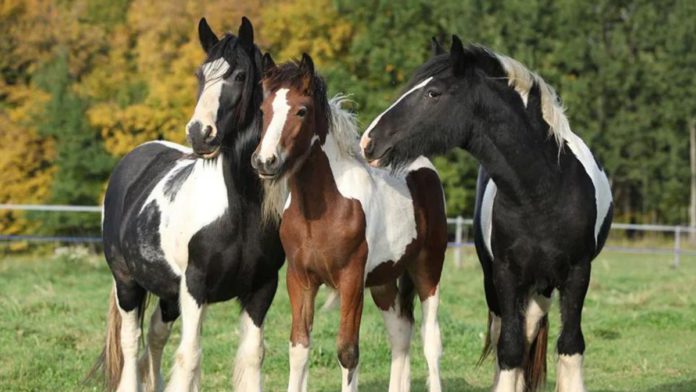The University of Florida, Institute of Food and Agricultural Sciences (UF/IFAS) scientists plan to assess livestock mobility faster and more accurately using artificial intelligence (AI). The technology will analyze high-definition videos of the animals as they move.
The team will use machine learning and gait analysis to speed up the assessment of livestock mobility.
Samantha Brooks, a UF/IFAS geneticist and associate professor of equine physiology, along with other UF researchers, received a $49,713 grant from the Agricultural Genome to Phenome Initiative.
Read More: University Of Florida Develop National AI Curriculum
The researchers will work primarily with horses as they are an excellent model for locomotion. The laboratory is currently working with about 2,000 video clips of horses in motion. Graduate student Madelyn Smythe and hundreds of central Florida horse-owners contributed to the videos.
The extensive library of videos will enable the construction of accurate models to track the animals’ movement in the video frame. Although working with horses now, the team will translate the findings to similar models for other four-legged farm animals.
The team will also build AI models to analyze videos of cattle, swine, and other small ruminants for the project. While reviewing the data, the researchers will look at horse traits such as stance time, limb extension, and stride length. In the case of cattle and swine, scientists focus on asymmetry and postures that indicate pain from abnormal function in one or more limbs.


